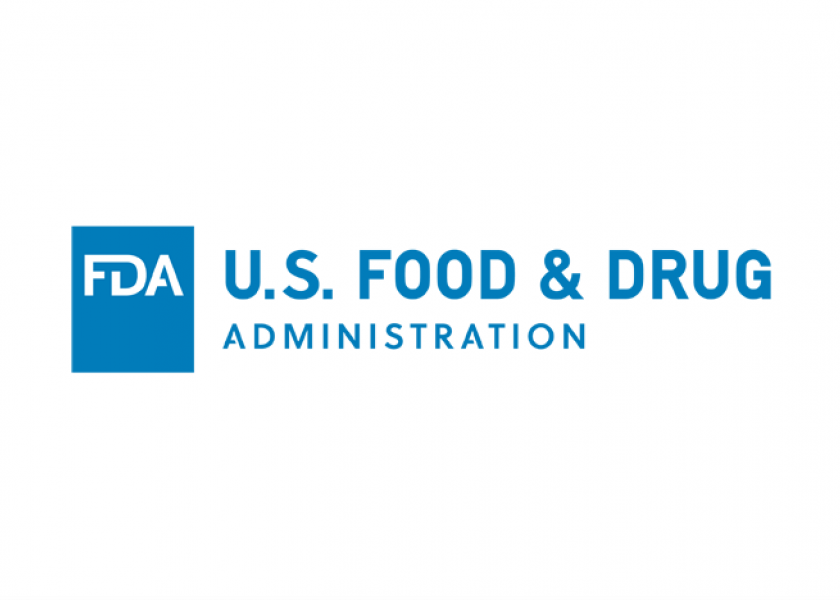Resources for food producers in areas flooded from tropical storm Ida

Among those in Tropical Storm Ida’s path in the Gulf Coast and the Southeast U.S. are farmers and their fields of crops grown for human consumption. The U.S. Food and Drug Administration’s Center for Food Safety and Applied Nutrition has several resources to help growers who may be affected by the impacts to their crops from severe weather conditions.
The FDA’s Guidance for Industry: Evaluating the Safety of Flood-affected Food Crops for Human Consumption provides the information that producers can use as they assess potential damage to their food crops. This guidance is an important resource for the growers who produce and market these crops, as they are responsible for assuring the safety of flood-affected food crops for human consumption.
The FDA reminds harvesters that generally, if the edible portion of a crop is exposed to contaminated flood waters, it is considered “adulterated” under the Federal, Food, Drug and Cosmetic Act and should not enter the human food supply. This applies to all food crops including underground crops (e.g., peanuts, potatoes). For crops that were in or near flooded areas but where flood waters did NOT contact the edible portions of the crops, the growers should evaluate the safety of the crops for human consumption on a case-by-case basis for possible food safety concerns.
Sometimes, crops that have been harvested and then subsequently deemed unsuitable for human use can be salvaged for animal food. For more information, please see CVM Update: Resources for Animal Food Producers in the Gulf Coast of the United States Affected by Tropical Storm Ida.
Reconditioning requests for contamination events occurring in Alabama, Louisiana, Mississippi or Tennessee:
- Steven Barber, 513-679-2700 x2116
- Toniette Williams, 513-679-2700 x2160
- Lindsay Bertling, 615-366-7815
For contamination events occurring in Georgia:
- Ingrid Zambrana, 404-253-1284
- Wilbur Huggins, 404-253-2235
For contamination events occurring in Arkansas:
- Jane Broussard, 214-675-7981
We encourage growers to work with state regulators and local FDA offices to assess their unique situations and to take into consideration all possible types and routes of contamination from flood waters in determining whether a particular crop is adulterated.
For more information:
Safety of Food Affected by Hurricanes, Flooding, and Power Outages







